ALC India has empowered 65,000 rural women, one enterprise at a time
The organisation is working across five states and building women-led enterprises at the grassroots.
They say, when you teach a man to fish, you feed him forever. It is interesting to note, however, that an average fisherfolk in India earns only between Rs 24,000 and 48,000 per year. Similar is the case with small farmers, weavers, potters, migrant and agricultural labourers, and small and micro-level entrepreneurs, among other vulnerable communities.
While Indian economy has grown substantially over the past few decades, there is an ever-widening gap in income levels, leading to unprecedented levels of inequality in India. The top 10 percent population owns eighty percent of the country’s wealth. On the other hand, 76 percent children in India don’t have access to higher education and more than half of the country’s women suffer from iron deficiency. Seventy-five percent rural households in India still run on a monthly income of less than Rs 5,000.
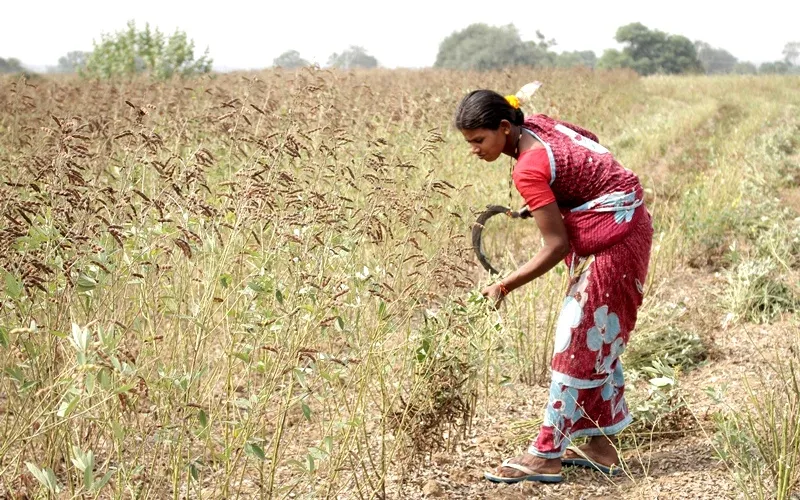
Social Enterprise as solution
GV Krishnagopal (42), founder of Access Livelihoods Consulting India (ALC India), sees social enterprise as a viable and practical way of bringing livelihood to rural India.
“While NGOs do great work, they are dependent on grants and are difficult to scale. Social enterprises are much more self-sustaining and scalable. All of us know the story of Amul and Lijjat Papad,” Krishnagopal says.
ALC India has incubated 54 social enterprises across five states in India, providing livelihood to over 65,000 women from small and marginal farming communities, livestock holders, weavers, tribal groups, internally displaced, and vulnerable communities such as those affected with leprosy. “The moment you provide a community with livelihood, the cycle of poverty is broken,” adds Krishnagopal.
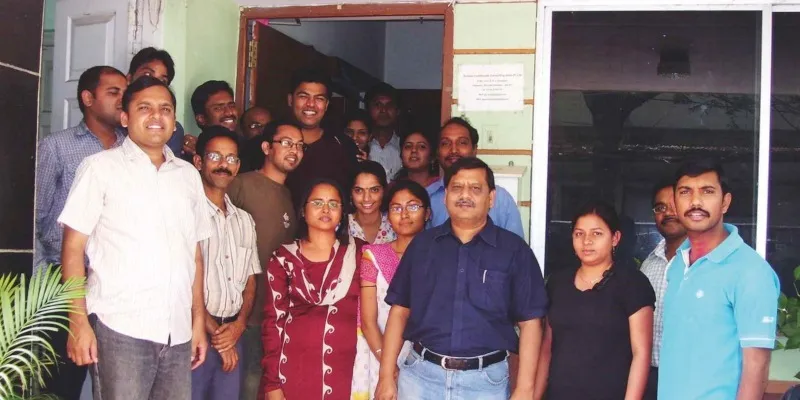
Take the example of Narasamma, from Angadi Raichur village, situated in Telangana’s Mahbubnagar district. She was born into a backward caste, and ran a large family with the little money they made from cultivating a small farm. In 2013, she joined the Kodangal Women Farmer Producer Company as a stakeholder. The women-run social enterprise offers different services to farmers on need basis, ranging from new farming techniques to marketing methods.
Narasamma went from door to door and convinced many more women to join the company, all of whom are self-reliant today. Her hard work was recognised early enough and she was soon made the board of director.
“Since the company is managed by women and consists of only women, villagers were surprised when we started becoming successful,” she laughs.
Today, Kodangal Women Farmer Producer Company employs nearly 1,000 women and produces red gram, cotton, paddy, groundnut, and jowar for the market. The company has an annual turnover of Rs 6.18 crore, and is one of the 22 producer companies ALC India is currently incubating.
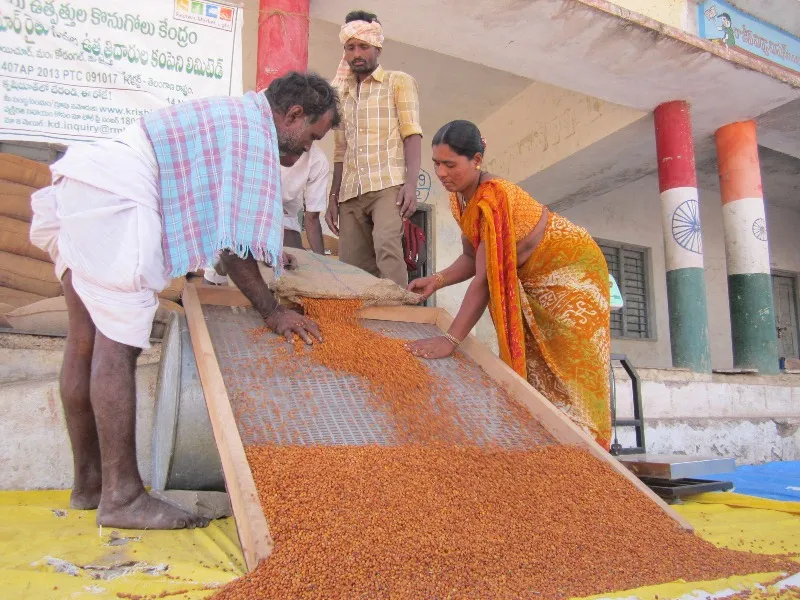
ALC India’s journey
ALC India was incorporated in 2005 by Krishnagopal and G Satyadev (44) who studied together at the Institute of Rural Management (IRMA), Anand, Gujarat, in the batch of 1999. “Our paths crossed multiple times, before we decided to start our own. We had no 'brand value', no extensive network, very little savings, and no financial backing. We had no work orders, and no office,” recalls Krishnagopal.
Their first assignment came from World Vision India, a humanitarian organisation that undertakes disaster relief operations. As part of the organisation’s response to the devastating tsunami of 2004, ALC India organised a training programme on livelihoods promotion. The two organisations subsequently partnered on nearly 30 projects over the next five years.
By the end of the first financial year, ALC India had served 10 clients in five states.
They were soon joined by two more IRMAites, GV Sarat Kumar (40) and N Madhu Murthy (45). By the end of financial year 2007, ALC India had executed 30 projects for a variety of clients, which included NGOs, micro finance institutions, funding agencies, consulting organisations, government departments, community-based organisations, Panchayat Raj institutions, and policy support agencies.
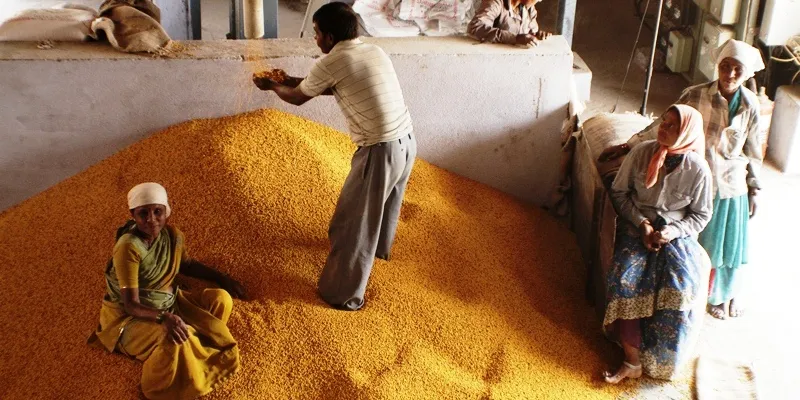
Breakthrough and growth
It took ALC India seven years of day-to-day learning, 300 consulting projects, and work experience across 17 states before the team got the opportunity to build their first model agriculture enterprise.
Small Farmers Agribusiness Consortium, a Government of India enterprise, committed an initial support of Rs 1,800 for every farmer ALC would train and work with.
“This was when we directly started supporting small marginal farmers. This was what we wanted to do to create real impact,” says Krishnagopal.
Today, ALC India supports 34,000 households through the small and medium women-led enterprises it is currently incubating. These organisations follow a beehive model.
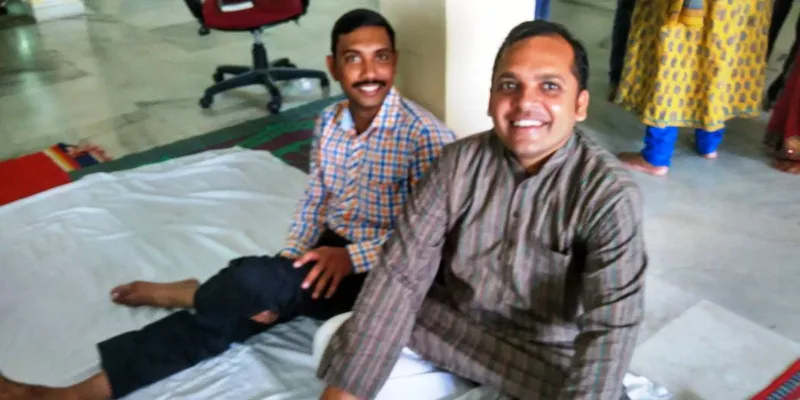
In order to mobilise funds needed by the enterprises ALC India incubates, the organisation started Access Livelihoods Development Finance (ALDF) in 2014. “That year, we also became an affiliated partner of National Skill Development Corporation (NSDC) and actively joined the skill development and training bandwagon,” says Krishnagopal. NSDC provided ALC India with a loan of Rs 15 crore which could be directly invested in the skill development and training of the communities.
In 2016, ALC India also started Access Livelihoods Foundation (ALF), a Section 25 company, similar to ALC, which would spearhead the research activities needed to find the support needed by the community enterprises. “ALF also being a not-for-profit will be able to access grants from funding organisations and route the same for the purposes of the collectives,” Krishnagopal says. Tata Trusts has funded the project with Rs 7 crore of capital support.
ALC India has also received funds from Ananya Finance and NABARD Financial Services Limited (NABFIN). In 2017, the organisation was chosen as one of six incubators to receive a funding of Rs 10 crore from Niti Aayog to promote and build enterprises at the grassroots.
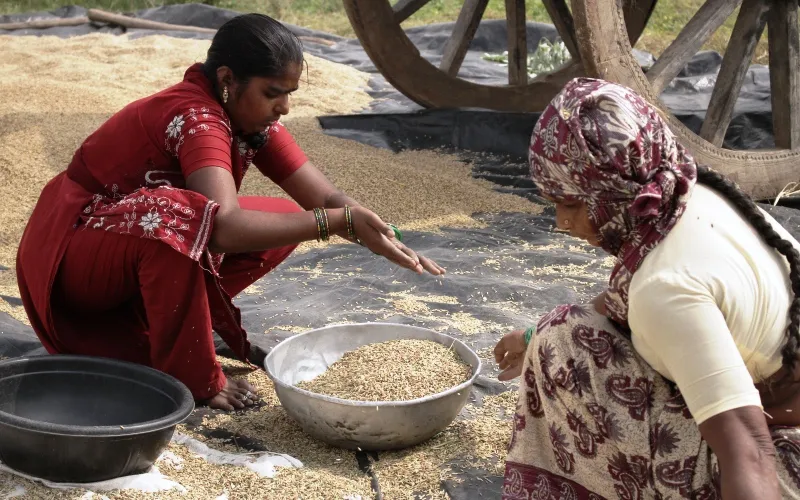
Future plans
ALC India has also started Transforming India Initiative (TII), a fellowship programme for entrepreneurs and enterprises. Krishnagopal says,
Over two years of experiential learning and working at the grassroots, the fellows will be transformed from job-seekers to responsible social entrepreneurs.
The core team of ALC India, now a group of 70 employees, plans to focus on incubating more enterprises and continue working alongside collectives. “Using our experience and expertise in incubating collectives, we aim to instigate and mentor future social entrepreneurs. The fellowship is such an attempt where we want young entrepreneurs to learn from our triumphs and failures and carry the torch forward,” Krishnagopal says.







